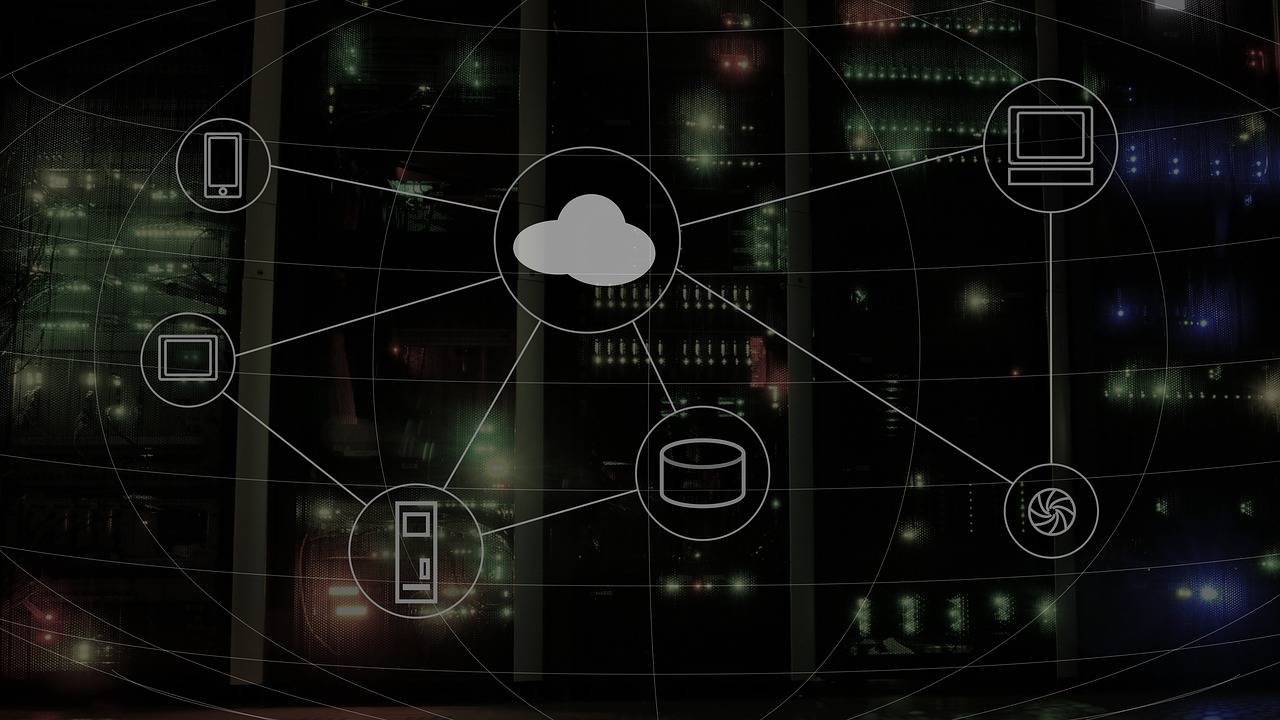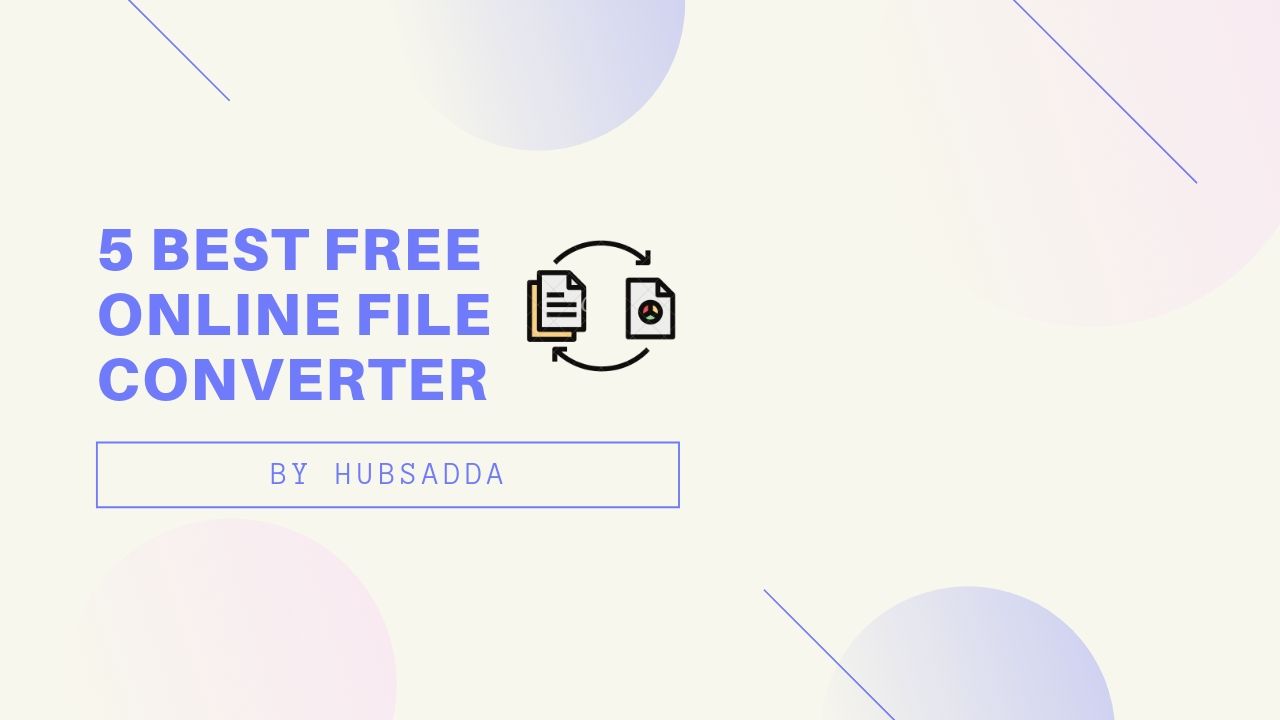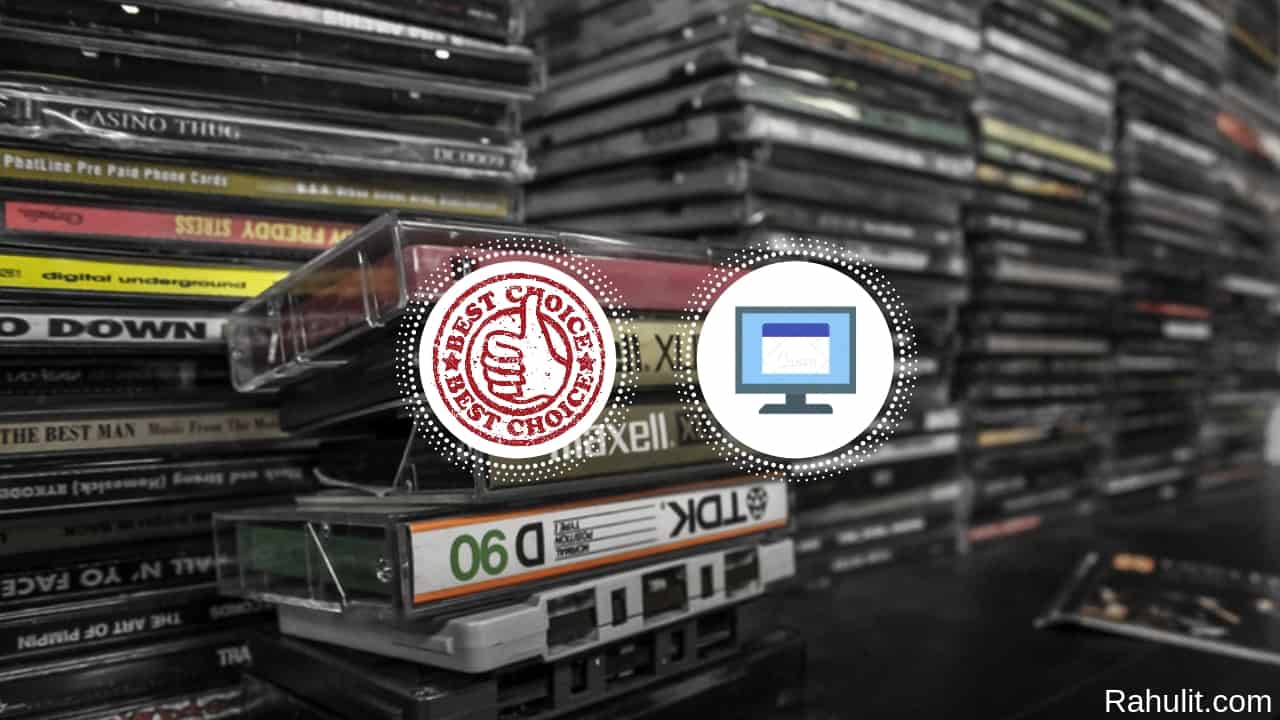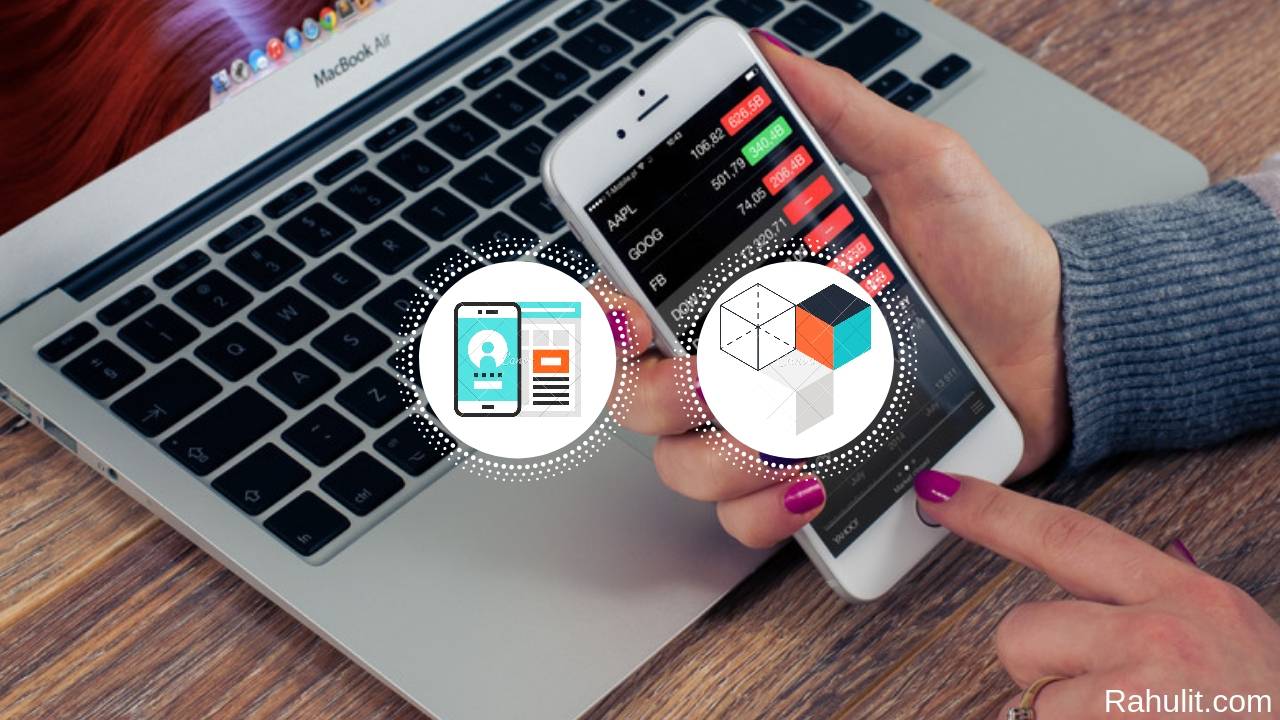Last updated on October 10th, 2023 by Rahul Kumar Singh
The population at large is continually realizing the need for alternative spaces that are impartial, accepting and approachable. It is constantly seeking places that are differentiated from the stresses of work, and at the same time is disconnected from our lives in our homes.
Studies propose that having access to such a spot enables us to disregard our routinely held roles, research our individuality and communicate our thoughts with others, thus bringing in substantial advantageous consequences to our emotional state and welfare.
While on the contrary, these alternative spaces have arisen in the forms of cafes, taverns, and eating-houses, studies reveal that in the present day’s constantly linked world they are now available on the internet as cloud-based ‘third parties’.
The emergence of the cloud has made it one of the most discussed and felicitated online places to have emerged in recent times. Once considered a depository where only organizational files that were too large to transfer were stored and shared, today it is developing into its own assembly place where individuals from across the globe come by, participate and engage in information-based activities, contribute their own part by adding data and media, trade queries, opinions, and theories.
For instance, some cloud experts also refer to the evolving cloud as the ‘new artist’s tool’ where movie makers, authors, and instrumentalists from across the globe are co-operating online to produce a real-time, artistic pivot that is accessible 24/7. In today’s day and age, we are now depending considerably on online and cloud services to stay organized, network with people across the world, discover new things, and pass on our accomplishments.
Almost every individual, who has access to the internet on a daily basis, cannot let a day go by without glancing through their social media accounts. Nor can professionals get by without accessing file sharing sites. The prospects the cloud bestows are truly boundless, with the promise of benefitting communities and even heightening evolution through speedy integrative learning. Even so, it is crucial to know that for the cloud to veritably be productive at functioning as an essential ‘third space’, the focus must be placed on ensuring its security measures are up to the mark.
Hence, if users are not convinced or are unsure that their communications or posts in the cloud are not as secure from vicious hindrance as they assume then assuredly this would critically suppress how well the cloud can actually function as a universal distribution, available, and accepting ‘third space’.
In today’s digital age, where data security is paramount, even educational institutions, such as schools, need robust IT support for schools to ensure the safety of their sensitive information and communication channels when utilizing cloud-based services. Information stored in the cloud is usually secured in an encrypted format that would require a breach before an intruder could gain access to the data. Most commercial cloud storage systems encrypt every user’s information with a particular encryption key; these keys are either stored by the storage provider or by individual users.
Also Read: An Undeniable Value Proposition of a MultiCloud Strategies
Currently, there is a great scope to safeguard cloud-based services. And for it to become truly ubiquitous and for people to genuinely become better off from its gains, the cybersecurity industry must band in unison to build innovative safety measures for and on the cloud, or else we could risk becoming deprived of its true capacity as a worldwide ‘third space’.
Information stored in the cloud is usually secured in an encrypted format that would require a breach before an intruder could gain access to the data. Most commercial cloud storage systems encrypt every user’s information with a particular encryption key; these keys are either stored by the storage provider or by individual users. Certain service providers maintain the key with themselves, allowing their systems to view and process user information, such as categorization data for forthcoming searches. Whenever a user logs in, these services can also access the key with a password, unlocking the information for the individual to use the data.
Maintaining the key with the service provider is a convenient option than having individual users keep the keys to themselves. However, it may not be safe. Just as it is with regular keys, if someone else other than the intended user has them, it could get pilfered or abused without the owner of the information knowing about it. Moreover, some service providers may also have fundamental flaws in their security practices that could leave user information exposed.
To maximize security in cloud file sharing sites, one good approach would be to combine the characteristics of various approaches. Before uploading information to the cloud, the data could be encrypted with the user’s own encryption software. This encrypted data can then be uploaded to the cloud. In order to access the data again, the user would have to log into the service, download it and decrypt it.
Another secure way of protecting your information is to employ authenticated encryption (i.e. digital signatures). This procedure not only stores encrypted data, but also adds a checksum that allows a user to observe whether the file has been altered since it was first made.
For those who do not want to program their own tools, there are two basic ways to secure data. Firstly, settle on a cloud storage provider that offers secure FTP (upload and download) software that has been corroborated by autonomous security researchers. Alternatively, employ reliable open-source encryption software to encrypt all information before uploading it to the cloud; such options are available for all operating systems and are generally free of charge or affordable.








Hi Rakul, very interesting post and get to know a lot. if any information is online, it’s not safe. everything can be hacked. nice work done. Also i heard, 13 million new obscure documents and 546 thousand malicious records were found from the Recent Cyber report of Comodo.
Watch the video to know more
https://www.youtube.com/watch?v=0ENUUsPpRaQ
Yes, you are right Wilson
Hi,
I am really happy to say it’s an interesting post to read. I learn new information from your article. This is great advice! Very honest and practical. I really enjoyed this post. Nice post!! these tips may help Great post, Jo! My favorite work advice.Thanks so much for a detailed post! It is very helpful for, you are doing a great job. Keep it up.
Okay
Hi,
I am really happy to say it’s an interesting post to read. I learn new information from your article. This is great advice! Very honest and practical. I really enjoyed this post. Nice post!! these tips may help Great post, Jo! My favorite work advice.Thanks so much for a detailed post! It is very helpful for, you are doing a great job. Keep it up.
Okay
Amazing article thanks for sharing this post.
Okay johnsmith
Awesome article. If anything is online, it is not safe and nothing is. All the locks can be picked, all the passwords can be hacked.
Yes you are right
thanks for sharing
Okay Riya
Hello Rahul,
Now a day’s the cloud services or storage is pretty secure. Thanks for sharing.
Okay Dear
Hey Rahul Kumar
Awesome article. If anything is online, it is not safe and nothing is. All the locks can be picked, all the passwords can be hacked.
Awesome article.
Thanks, Anand.